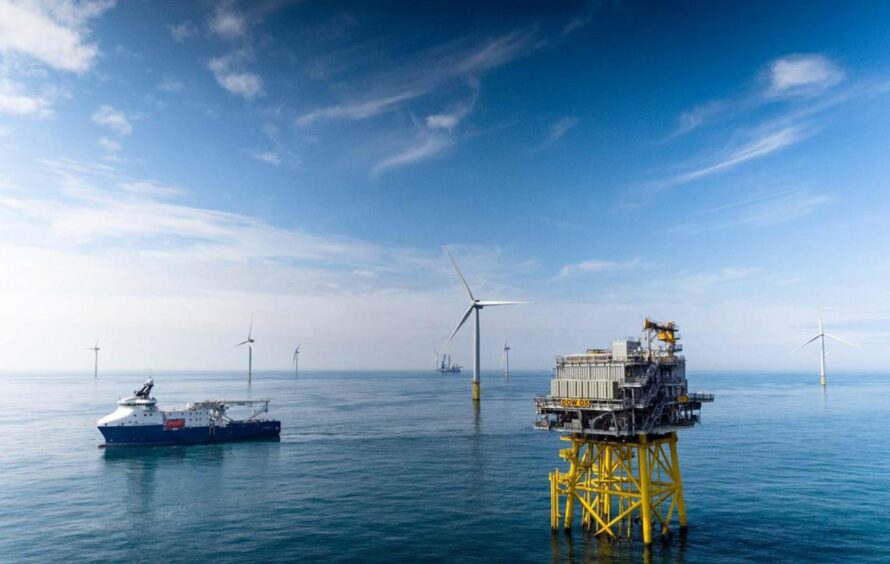
Aberdeen’s Net Zero Technology Centre (NZTC) and the North Sea Transition Authority (NSTA) are teaming up to produce a roadmap to help operators measure and monitor emissions.
The project will develop a roadmap of current and future technologies, designed to provide asset operators with the solutions needed to produce accurate emission baselines and support the implementation of emissions reduction strategies.
“We are excited to join forces with the North Sea Transition Authority to drive the development of this transformative technology roadmap,” said Rebecca Allison, chief operating officer of NZTC.
“The roadmap will be a vital resource for operators of both fixed and floating installations and onshore terminals.
“They will be able to identify the readiness of different technologies and understand the specific measurement and monitoring requirements unique to their operations.”
This project, which is set to be available in September, will also support the development of Emissions Reduction Action Plans (ERAPs), in which North Sea licensees outline the investments and projects they will undertake to cut operational emissions.
The technology roadmap will include factors such as readiness of technologies, modification requirements and indicative implementation costs.
Carlo Procaccini, chief technical officer, NSTA said: “We believe that collaboration and knowledge-sharing are paramount in driving sustainable change.
“Since different operators have different emissions profiles, it is essential for each asset operator to accurately measure and monitor emissions such as carbon dioxide, nitrogen dioxide, sulphur dioxide and methane.
“Leveraging technology will significantly help to reduce emissions and promote sustainable practices across both onshore and offshore operations.”
The NSTA has recently launched a digital platform which operators can use to submit and update Supply Chain Action Plans (SCAP).
The tool, which allows users to update information about their contracting activities, is designed to support the supply chain and “make North Sea projects more efficient”.
The NSTA say that this will help firms save “time and money and make it easier to gain valuable insights from data.”
Recommended for you

